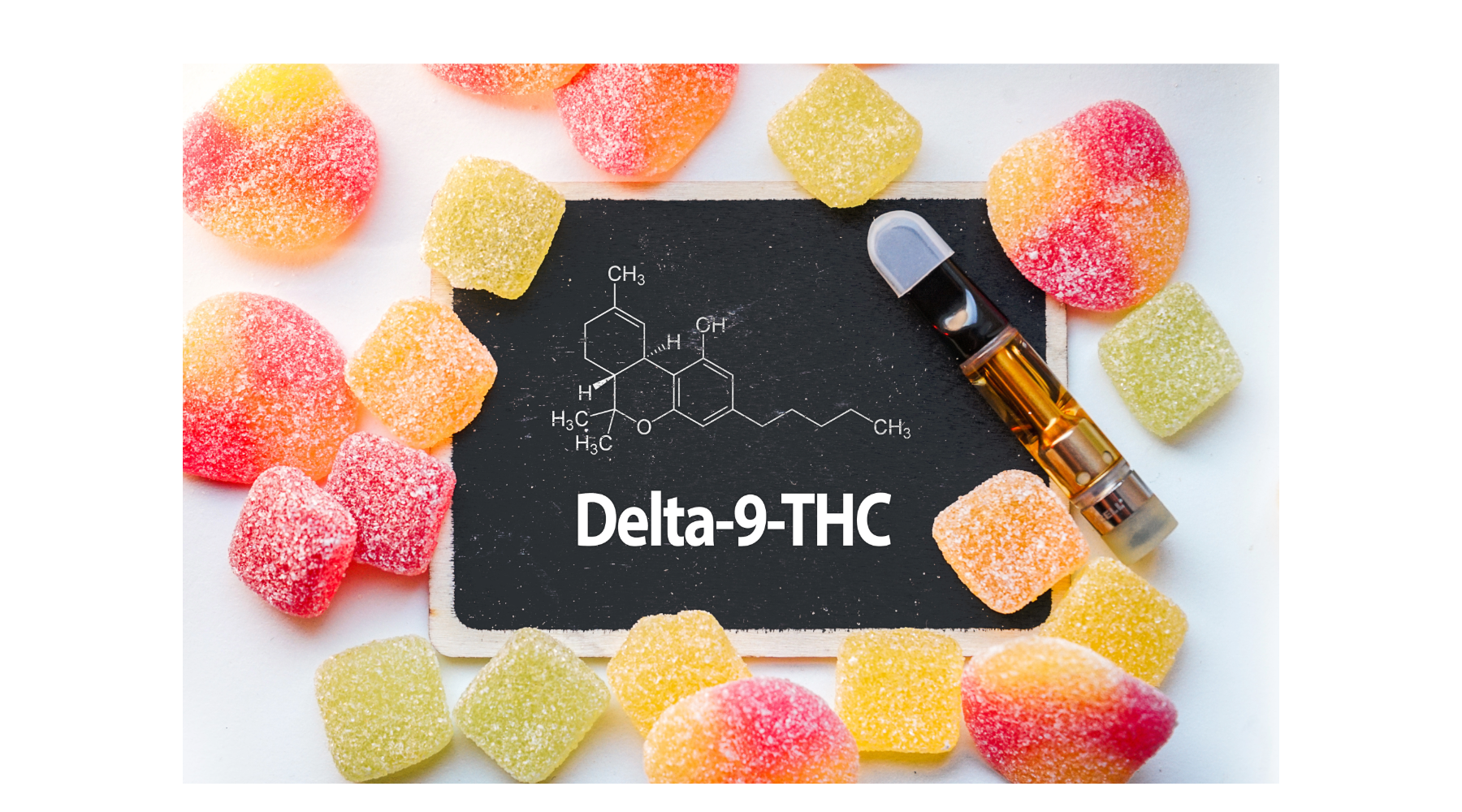Cannabinoids are the natural chemical compounds found in cannabis that interact with the body’s endocannabinoid system, leading to a variety of effects. While most people are familiar with Delta 9-THC, the primary psychoactive compound in marijuana, there are other THC variants that are gaining popularity, including Delta 8-THC and Delta 10-THC. But how do they differ, and how do each of these compounds affect the human body?
1. Delta 8-THC: The Milder Alternative
Delta 8-THC is often considered a milder version of Delta 9-THC. While it shares a similar chemical structure, the placement of a double bond in its chemical structure is different, which makes it less potent and results in a different overall experience.
How Does Delta 8-THC Affect the Body?
- Milder Euphoria: Delta 8 produces a less intense high compared to Delta 9, often described as clearer, lighter, and more functional. This makes it a popular choice for those who want some of the effects of cannabis without feeling overwhelmingly high.
- Calmness & Relaxation: Users report feeling more relaxed and calm, with reduced anxiety compared to Delta 9. It's considered a good option for people who want to relieve pain or stress without the intense psychoactive effects of Delta 9.
- Appetite Stimulation: Like Delta 9, Delta 8 can stimulate appetite, although it might not be as potent in this regard.
- Potential Side Effects: Delta 8 is generally well-tolerated, but at higher doses, it can cause dry mouth, red eyes, dizziness, or mild sedation. It's less likely to induce anxiety or paranoia compared to Delta 9.
2. Delta 9-THC: The Most Well-Known Compound
Delta 9-THC is the most well-known cannabinoid and the primary psychoactive ingredient in marijuana. It binds strongly to CB1 receptors in the brain, producing the "high" associated with cannabis use. But it also has a range of other effects, which can vary depending on the dose, the user, and their tolerance.
How Does Delta 9-THC Affect the Body?
- Euphoria: The most noticeable effect of Delta 9-THC is the sense of euphoria or a "high" feeling. This is caused by its interaction with the CB1 receptors in the brain.
- Relaxation & Stress Relief: Delta 9 is often used by people to help with stress, anxiety, and pain due to its calming effects.
- Altered Perception: It can alter time perception, enhance sensory experiences, and impact motor coordination.
- Increased Appetite: A common side effect of Delta 9-THC is an increase in appetite, commonly referred to as the "munchies."
- Potential Side Effects: Higher doses of Delta 9 can cause anxiety, paranoia, dry mouth, and impaired cognitive and motor skills. Some people may also experience dizziness or nausea.
3. Delta 10-THC: The Newest Cannabinoid on the Block
Delta 10-THC is one of the newer cannabinoids that has emerged in recent years. It's structurally similar to Delta 8, but the effects it produces are somewhat different. Delta 10 is typically synthesized from CBD or Delta 9, as it occurs in very small amounts naturally in the cannabis plant.
How Does Delta 10-THC Affect the Body?
- Uplifting & Energizing: Delta 10-THC is known for its uplifting and energizing effects. Unlike Delta 9, which tends to induce relaxation and lethargy, Delta 10 may enhance focus, creativity, and mental clarity, making it ideal for daytime use.
- Mild Euphoria: While Delta 10 does produce a mild euphoric effect, it is generally considered to be less potent than Delta 9 and even Delta 8. The effects are typically described as light and cerebral, with no strong body high.
- Mood Boosting: Users often report an enhanced mood and feelings of happiness without the sedation associated with higher THC strains.
- Potential Side Effects: Delta 10 is generally considered to have fewer side effects compared to Delta 9. However, it can still cause dry mouth, dizziness, and in some cases, mild anxiety in sensitive individuals.
4. Comparing the Three: Key Differences
| Feature | Delta 9-THC | Delta 8-THC | Delta 10-THC |
|---|---|---|---|
| Potency | High (strong psychoactive effects) | Mild (less potent than Delta 9) | Mild (similar to Delta 8, but more uplifting) |
| Main Effects | Euphoria, relaxation, altered senses, appetite increase | Calmness, mild euphoria, anxiety reduction | Uplifting, energetic, mood enhancement |
| Psychoactive Impact | Strong high | Subtle high (milder effects) | Light, cerebral high |
| Use Case | Pain relief, relaxation, stress relief, creativity | Stress relief, anxiety reduction, mild pain relief | Focus, energy, mood enhancement, daytime use |
| Potential Side Effects | Anxiety, paranoia, dry mouth, red eyes, dizziness | Dry mouth, red eyes, mild sedation | Dry mouth, dizziness, mild anxiety |
5. Which One Should You Choose?
The choice between Delta 8, Delta 9, and Delta 10 largely depends on what kind of experience you're seeking:
- For a Strong High (Psychoactive Experience): Delta 9-THC is the go-to choice, delivering a potent euphoria and more intense effects.
- For a Milder, More Functional High: Delta 8 is ideal for those looking to enjoy the therapeutic benefits of THC without the intensity of Delta 9. It offers a smoother experience with fewer chances of paranoia or anxiety.
- For Uplifting & Energizing Effects: Delta 10 is a great option for daytime use. Its energizing, mood-boosting effects make it ideal for creative tasks, workouts, or social events.
In conclusion, Delta 8, Delta 9, and Delta 10 each offer unique effects due to their differing chemical structures and interactions with the body’s endocannabinoid system. Whether you prefer the strong high of Delta 9, the milder relaxation of Delta 8, or the uplifting effects of Delta 10, there is a cannabinoid that fits different needs and preferences. As always, it’s important to start with small doses, especially if you’re new to cannabinoids, and consult with a healthcare professional if you have any concerns about how these compounds may affect your health.
































